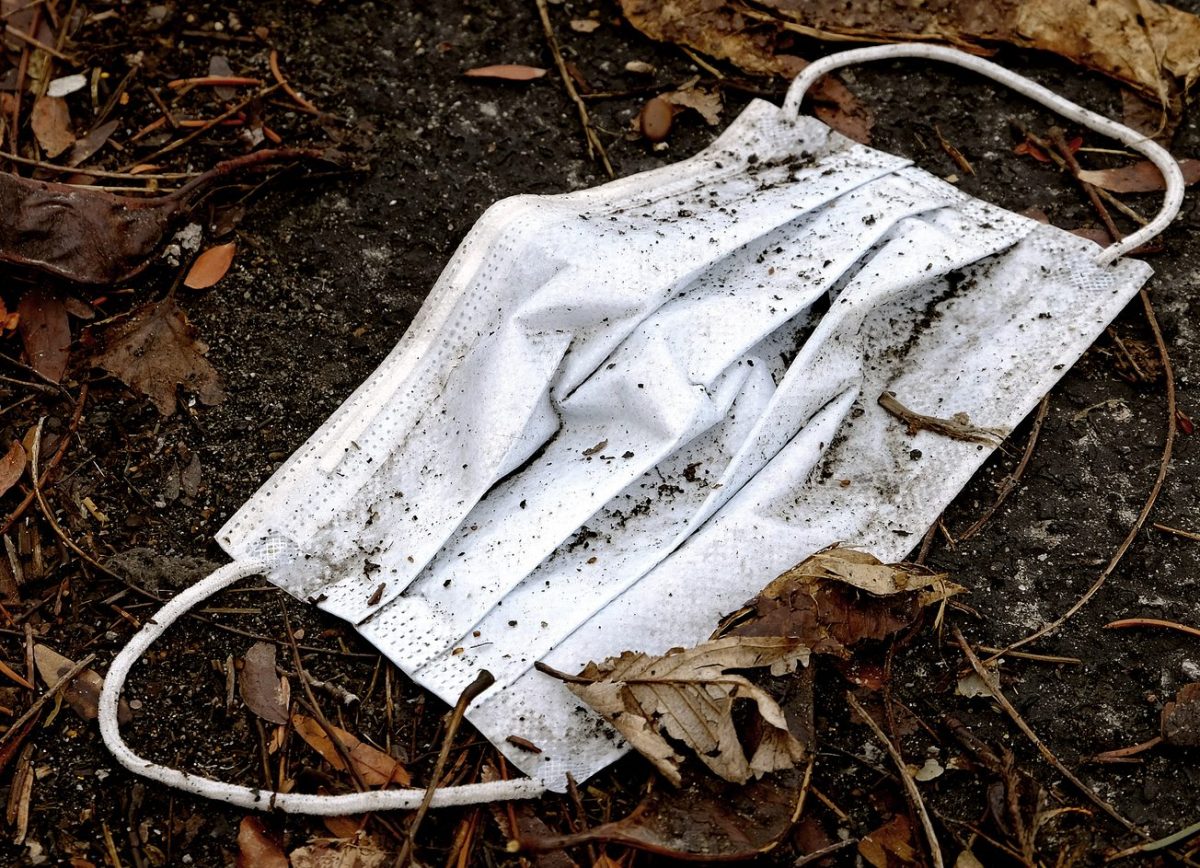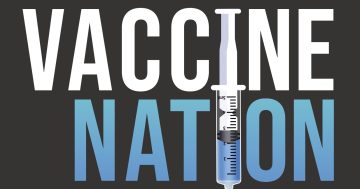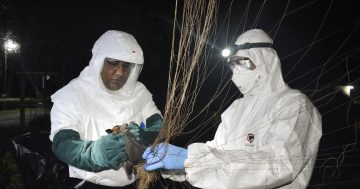
The COVID-19 Inquiry Report has been handed down and the government has already accepted the recommendation for an Australian Centre for Disease Control. Photo: File.
An Australian Centre for Disease Control will be established in Canberra as part of the Federal Government’s initial response to the COVID-19 Response Inquiry Report, which was released yesterday.
Health Minister Mark Butler announced the plan on Tuesday (29 October) to commit more than $250 million over four years to the centre, which will be located in the nation’s capital. It will commence on 1 January 2026.
“[The COVID-19 Response Inquiry Report] will be the blueprint to ensure Australia is better prepared for the next pandemic – and there will be a next pandemic,” Mr Butler said.
“As the Inquiry makes clear, Australia lacked sufficient planning and preparation for a pandemic. There are a lot of lessons.
“The establishment of the Australian CDC will help ensure we are prepared next time.
“Within the next 24 hours, I’ll be discussing the Inquiry with my health minister colleagues. Those discussions will continue over coming months.”
A national CDC is one of the central recommendations of the independent Inquiry.
Australia was one of the most successful nations in its pandemic response, but an investigation by the independent COVID-19 Response Inquiry has found the country was not adequately prepared for a pandemic.
Anthony Albanese said the report is a reminder of the incredible service and sacrifice of so many people, not just frontline workers but “every single person in Australia”.
He said the pandemic was a time of great uncertainty and adversity, with thousands of Australians losing their lives, borders closed, and everyone asked to stay in their homes.
“The pandemic was an extremely difficult period for many Australians, with its impact still being felt,” the Prime Minister said.
“Given the magnitude of this crisis, I determined that it was in the national interest to review what worked and what we can do to be better prepared in the future.
“I thank the panel members for their dedicated work. I also thank the many individuals and organisations who shared their experiences of the pandemic.
“The Australian Government is committed to doing all that we can to ensure Australia is fully equipped and prepared to face future pandemics. We will release a response after careful consideration of the Inquiry report.”
Legislation to establish the new CDC as an independent authority and to detail its functions will be introduced to parliament next year.
Its primary responsibilities will include the surveillance of wastewater to monitor diseases, as well as communication with regional partners.
Finance Minister and ACT Senator Katy Gallagher said the decision to establish the centre in Canberra was a win for the city.
“It’s not just a boost for our local economy – supporting hundreds of jobs – but means Australia will be better prepared to manage future public health challenges,” Senator Gallagher said.
“As the nation’s capital, it is fitting that Canberra has been chosen as the home of this important national organisation.”
The report includes nine guiding recommendations aligned with nine “pillars of a successful pandemic response”. It identifies 19 immediate actions for the next 12 to 18 months.
The nine pillars are minimising harm, planning and preparedness, leadership and coordination, evidence and evaluation, agility and innovation, relationships, trust, equity and communications.
“We know that another pandemic could occur at any time, and it is imperative that governments are prepared,” the report’s authors state.
“We know that the next pandemic may involve a more lethal virus that is harder to contain. We know that a future pandemic is likely to be compounded by concurrent crises, which include natural disasters, cybersecurity threats and geopolitical tensions.
“Next time, we cannot say it was unprecedented. We must act now to apply lessons learnt during the COVID‑19 response to strengthen our national resilience to the next crisis and avoid repeating the same mistakes.”
Original Article published by Chris Johnson on Riotact.











